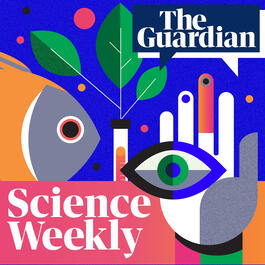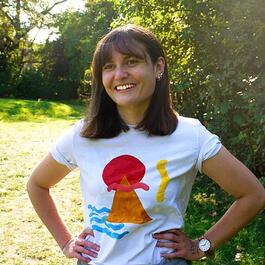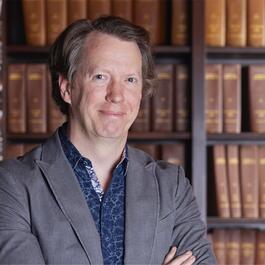
Science Weekly
Twice a week, the Guardian brings you the latest science and environment news
Show episodes
In this episode from January 2025, Ian Sample speaks to Keon West, a professor of social psychology at the University of London, whose new book explores what science can reveal about racism, the inventive methods scientists have used to study it and the scientifically proven ways of tackling racism and discrimination.
In 2024, the Oxford English Dictionary announced its word of the year was ‘brain rot’. The term relates to the supposedly negative effects of consuming social media content, but it struck a chord more widely with many who feel they don’t have the mental capacity they once had. Gloria Mark, a professor of informatics at
Scientists are beginning to understand that ageing is not a simply linear process. Instead, recent research appears to show that we age in three accelerated bursts; at about 40, 60 and 80 years old. To find out what might be going on, Ian Sample hears from Prof Michael Snyder, the director of the Center for Genomics an
Doctors in the UK have announced the birth of eight healthy babies after performing a groundbreaking procedure that creates IVF embryos with DNA from three people. Ian Sample tells Madeleine Finlay about the life-threatening genetic disorders that the technique appears to prevent, and Prof Sir Doug Turnbull describes t
Madeleine Finlay is joined by Ian Sample to discuss three intriguing science and environment stories. From a breakthrough in the quest to create organs in the lab to a world-first climate visa that will see citizens relocate from the island of Tuvalu to Australia, plus what happens when two massive black holes collide.
Guardian feature writer Rhiannon Lucy Cosslett recently wrote about the growing cohort of parents whose children are on the waiting list for an autism or ADHD diagnosis, and are turning to the internet to buy melatonin to help them sleep. She tells Madeleine Finlay about their experiences and what is driving them to th





